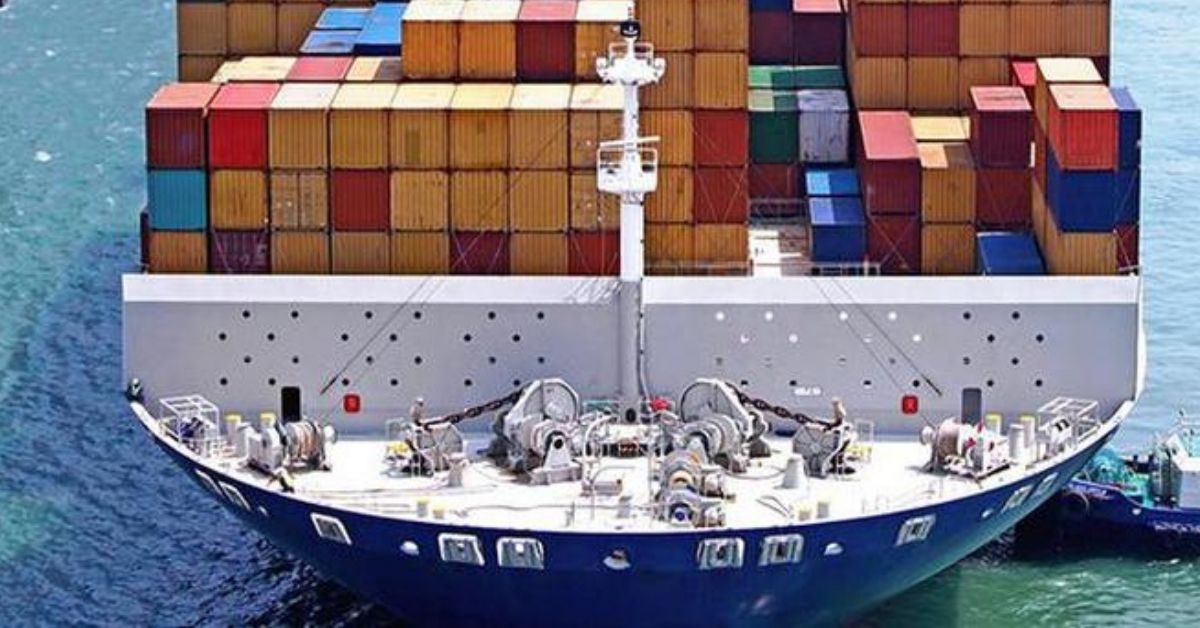According to logistics giant Kuehne+Nagel, 103 container vessels are rerouting from the Red Sea around Africa. Companies are also starting to look at using rail and air routes instead as the waterway that carries 12% of global trade is deemed too perilous to pass.
The attacks on commercial vessels by the Yemen-based Houthi militants amount to an escalation of the Israel-Hamas war, but not the one most analysts had been expecting. The Houthis are acting in support of Hamas — initially targeting ships linked to Israel — and the US and its allies are figuring out how best to respond without making the violence worse.
As Washington tries to forge a common position — one option is strikes on Yemen — shippers are digging in for weeks of disruption. Insurance premiums are surging for those who do cross the Red Sea, freight rates are up and so are oil prices — all potential factors for more inflation just as central banks appeared to be gaining the upper hand.
“Both options of increased premiums and rerouting around Africa will see a knock-on effect on the price of goods,” said Toby Vallance, Executive Committee Member of the London Forum of Insurance Lawyers.
The US and its allies are bringing together a new task force to tackle Iran-backed Houthis, though it’s not clear when it will come into effect. They’re also weighing up possible military strikes, but diplomacy remains the preferred approach for now, according to people familiar with the matter. Some countries, including Saudi Arabia, which borders Yemen, are wary that strikes will provoke the Houthis, who have a formidable arsenal of ballistic missiles, to become even more aggressive.
Shippers are worried that even some of the solutions bring their own problems. Convoys, for example, imply delays.
“It will slow down the trade because we will have to wait for a convoy to pass through” the region, Euronav NV Chief Executive Officer Alexander Saverys said in an interview with Bloomberg TV. The oil tanker giant has halted shipments via the Red Sea and won’t go back until such military escorts are in place.
The attacks have created potentially a worse — and more enduring — shipping emergency than the Suez Canal shutdown in 2021, when a ship stuck for a week snarled global trade for months. The disruption also comes just as the other main artery, the Panama Canal, is slowing down because of drought.
Still, the global shipping system has more slack in it than it did when the Ever Given got stuck. And there are reasons to believe the disruptions will have only a moderate economic impact, Bloomberg Economics said on Tuesday.
“Most likely, the rerouting will mean higher prices — especially for countries most reliant on maritime trade through the Suez Canal — but with a far lower impact than the Covid-era spike in transportation and energy prices,” the analysts said in a report.








